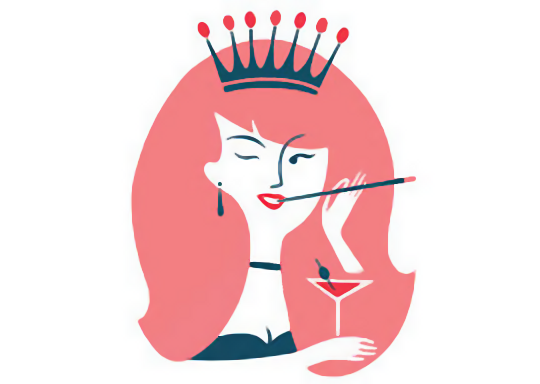
March 28, 2017

missing asset:https://www.takimag.com/images/uploads/Crop_(2)_of_Camille_Paglia_no_Fronteiras_do_Pensamento_São_Paulo_2015.jpg
Source: Wikimedia Commons
Empire waist floral baby doll dress, worn over black cycling shorts? Check. Doc Martens (or cheap reasonable facsimile)? Check. Pink rape whistle and bowling ball bag purse? Check.
What else might you discover among a young downtown gal’s belongings, circa 1990? Pretty on the Inside, the Nonesuch reissue of Le Mystère des Voix Bulgares and I Do Not Want What I Haven”t Got; a Wild at Heart poster, perhaps. “An American Girl in Italy,” for sure. A Bettie Page postcard”or even paper doll set (an ex-boyfriend’s Christmas gift)”on the fridge door.
On her Billy bookcases? Generation X. Serial-killer trade paperbacks. Frida Kahlo: The Brush of Anguish.
And, of course, Sexual Personae.
Camille Paglia’s doorstop debut, subtitled Art and Decadence From Nefertiti to Emily Dickinson“note its ingenious, unit-moving cover“provoked a good year’s worth of praise and scorn.
Or rather, its author did. The then-42-year-old academic from NeverHeardOfIt U. landed on the scene like Klaatu and Gort combined, equipped with Kevlar self-confidence, brash, contrarian quotability, and butch-chic élan.
As the only woman in my circle who hadn”t gone to university, their hostility to this female professor’s book (and her very person) unnerved me. I”m too lazy to derange my”yes, shut up, but at least now they”re a grown-up “black-brown””Billy bookcases to find my old copy, but I expect I”d find her jabs at liberals underlined. Those were the early days of political correctness, one of Paglia’s recurring targets. As I”ve written here before, while still a leftist-by-lazy-default, I nevertheless roundly mocked that burgeoning trend from the start, certain it would choke to death on such ridicule, and its own self-evident Maoist absurdity, in a few more months.
What I do remember is that one of my local contemporaries in age, sex, and literary bent (but not formal education; she was a doctoral candidate) publicly defended “Paglia’s right to publish her bullshit.” While never nervy enough to talk, I was never convinced by that formidable poet’s feint at magnanimity; she seemed to mean only half of it, but which half”the “right” bit? Or the “bullshit”?
Because what did Sexual Personae‘s “bullshit” constitute, precisely?
Helpfully, Paglia’s new “best of” collection, Free Women, Free Men, opens with three chapters from that first startling book. Rereading its opening chapter half a lifetime later, I now recognize “Sex and Violence, or Nature in Art” as an extended”superbly stylish and aphoristic”gloss on Horace (“You can drive out Nature with a pitchfork, but she keeps on coming back”) and de Beauvoir (“Must We Burn Sade?“), shot through with then (and now) unfashionable-Freud and mid-century anthropology.
And it all comes back to me:
“Modern feminism’s most naive formulation,” Paglia declares in that chapter (she never simply “writes,” whatever the topic), “is its assertion that rape is a crime of violence but not of sex.”
So true, but even today, (mostly) unsayable.
Then Paglia praises male homosexuals” “valorous attempts to defeat nature,” but adds that “Nature has won, as she always does, by making disease the price of promiscuous sex.” Just so, but in those AIDS-crazed days, such observations were otherwise confined to bulbous, comical televangelists.
“Criminals through history,” she goes on to opine, “have never needed pornography to stimulate their exquisite, gruesome inventiveness.” That was a sheer, unmitigated heresy not one year after Ted Bundy had, well, satisfied so many anti-porn feminists by claiming from death row that hardcore skin mags had driven him to kill.
No wonder establishment second-wave feminists denounced Paglia”a foolish gambit, considering she was in a higher pugilistic weight class in terms of scholarship and style. Free Women is made up of speeches and other occasional writings, and some critics are complaining that its contents are repetitive. A peevish objection: Professional speakers rarely deliver a completely original address on every occasion. Duh. And in fact, one of this book’s delights is seeing Paglia’s insults against her arch feminist enemies metastasize.